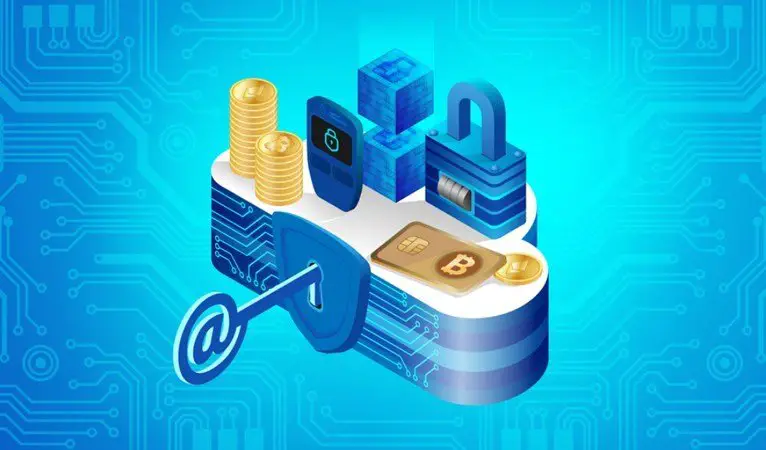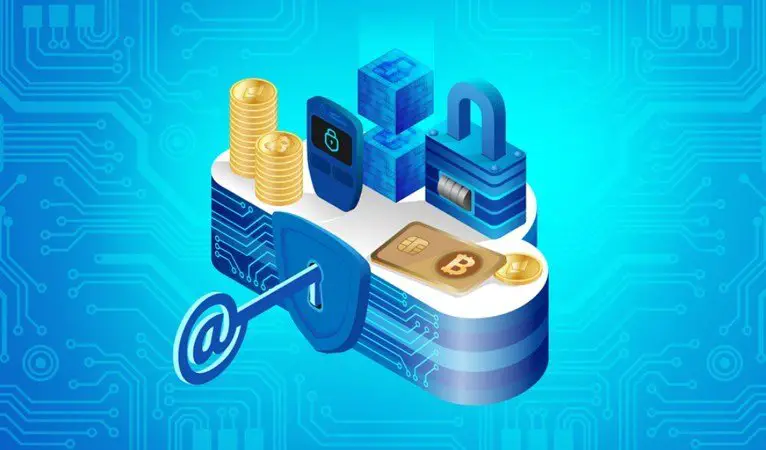
Last week, BBC contributor Monty Mumford lost $30,000 of Ethereum. This came after a logical thought process: invest in the future of digital finance, look up how to securely store said investment, follow initial advice. This led to buying Ethereum, finding recommendations to store on one’s own wallet rather than an exchange, and save the private keys somewhere safe. That led to the MyEtherWallet web wallet being chosen, and private keys printed out on a sheet of paper… and saved in drafts in Gmail. That last part elicits a cringe from the crypto savvy, but a new user would have no idea that such an action was a major faux pas. Which perfectly illustrates a huge problem with the industry.
Almost no one can figure this stuff out
Let’s be honest: it’s hard to securely use cryptocurrency. Right out the gate, understanding the basics, most won’t know how to properly store backups. The number of people I’ve seen do something like take screenshots of seed words, lose recovery phrases, forget to back up a wallet before losing the device, and other major missteps is truly staggering. It’s most of us. To really, truly, and fully understand the ins and outs of good security for cryptographic funds is a gift not many possess. It’s simply too hard to effectively use without proper training.
The freedom of personal responsibility reminds us why we often look to give up that freedom
The whole idea behind cryptocurrency is to be your own bank, to have complete control over your own money, to say goodbye to the banks and institutions that currency control our financial futures. With this new technology, the individual becomes responsible for their own funds, and for their security. If someone steals from you, it was your responsibility to secure your funds to begin with, and transactions can’t be reversed, and you aren’t entitled to a bailout from anyone. Full freedom equals full responsibility.
Unfortunately, the shock revelation that comes from actually trying to apply this principle: most of us are better off trusting a third party. A handful have the time, focus, and technical knowledge to store their funds in secure places, taking all the necessary precautions and backups to ensure their savings are safe. The rest of us are too uneducated to know how to protect our wallets, too unfocused to take all necessary precautions every step of the way, and honestly not cut out to be the custodians of our own funds. That’s why banks were created to begin with: security experts could safeguard funds from robbery and user error far better than the average person, who saw the centralization and trust risk as an acceptable trade-off. It was only after the system severely abused this trust that we even began to think of alternatives.
Until crypto is amazingly simple to securely use, few will ever use it
There’s no two ways about it: as it is, cryptocurrency will not see use en masse. It’s simply too difficult to figure out, which causes user error and negligence with disastrous consequences. The only way forward is an evolution of the technology towards something with the same old cryptographic goodness behind the scenes, but a polished, intuitive exterior. Not only will this make more people want to take the time to switch to using new technology, it will make them feel, and be, safe in holding their own funds.
When being your own bank becomes both easier and safer than trusting a third-party institution, we’ll have a financial revolution on our hands.
Source: https://dashnews.org/what-the-theft-of-a-bbc-reporters-30000-in-ethereum-shows-about-cryptocurrency/
Descargo de responsabilidad
Toda la información contenida en este sitio web se publica solo con fines de información general y no como un consejo de inversión. Cualquier acción que el lector realice sobre la información que se encuentra en nuestro sitio web es estrictamente bajo su propio riesgo. Nuestra prioridad es brindar información de alta calidad. Nos tomamos nuestro tiempo para identificar, investigar y crear contenido educativo que sea útil para nuestros lectores. Para mantener este estándar y continuar creando contenido de buena calidad. Pero nuestros lectores pueden basarse en su propia investigación.



